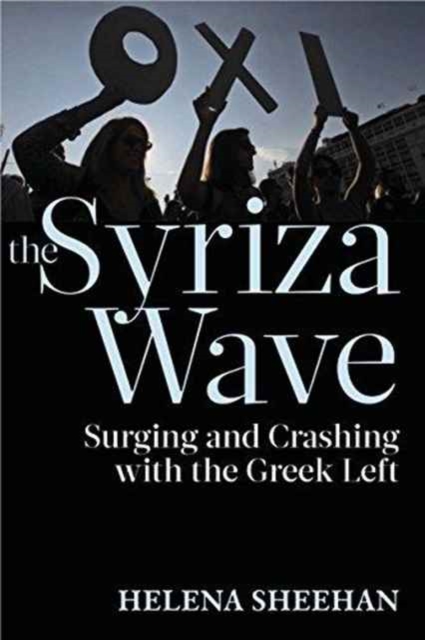CITESTE MAI MULT
Detalii
Descriere RO
Utterly corrupt corporate and government elites bankrupted Greece twice over. First, by profligate deficit spending benefitting only themselves; second, by agreeing to an IMF "bailout" of the Greek economy, devastating ordinary Greek citizens who were already enduring government-induced poverty, unemployment, and hunger. Finally, in response to dire "austerity" measures, the people of Greece stood up, forming, from their own historic roots of resistance, Syriza--the Coalition of the Radical Left. For those who caught the Syriza wave, there was, writes Helena Sheehan, a minute of "precarious hope."
A seasoned activist and participant-observer, Helena Sheehan adroitly places us at the center of the whirlwind beginnings of Syriza, its jubilant victory at the polls, and finally at Syriza's surrender to the very austerity measures it once vowed to annihilate. Along the way, she takes time to meet many Greeks in tavernas, on the street, and in government offices, engage in debates, and compare Greece to her own economically blighted country, Ireland. Beginning as a strong Syriza supporter, Sheehan sees Syriza transformed from a horizon of hope to a vortex of despair. But out of the dust of defeat, she draws questions radiating hope. Just how did what was possibly the most intelligent, effective instrument of the Greek left self-destruct? And what are the consequences for the Greek people, for the international left, for all of us driven to work for a better world? The Syriza Wave is a page-turning blend of political reportage, personal reflection, and astute analysis.
EdituraMonthly Review Press,U.S.
Dimensiuni140 x 209 x 21
Data Publicarii23/01/2017
Format
Necartonata
Numar pagini272
Aceasta este o carte in limba engleza. Descrierea cartii (tradusa din engleza cu Google Translate) este in limba romana din motive legale.
Elitele corporative si guvernamentale complet corupte au falimentat Grecia de doua ori. In primul rand, prin deficitul cheltuielilor, beneficiind doar de ei insisi; in al doilea rand, acceptand o „salvare” a FMI a economiei grecesti, devastand cetatenii greci obisnuiti care suportau deja saracia, somajul si foamea provocate de guvern.

